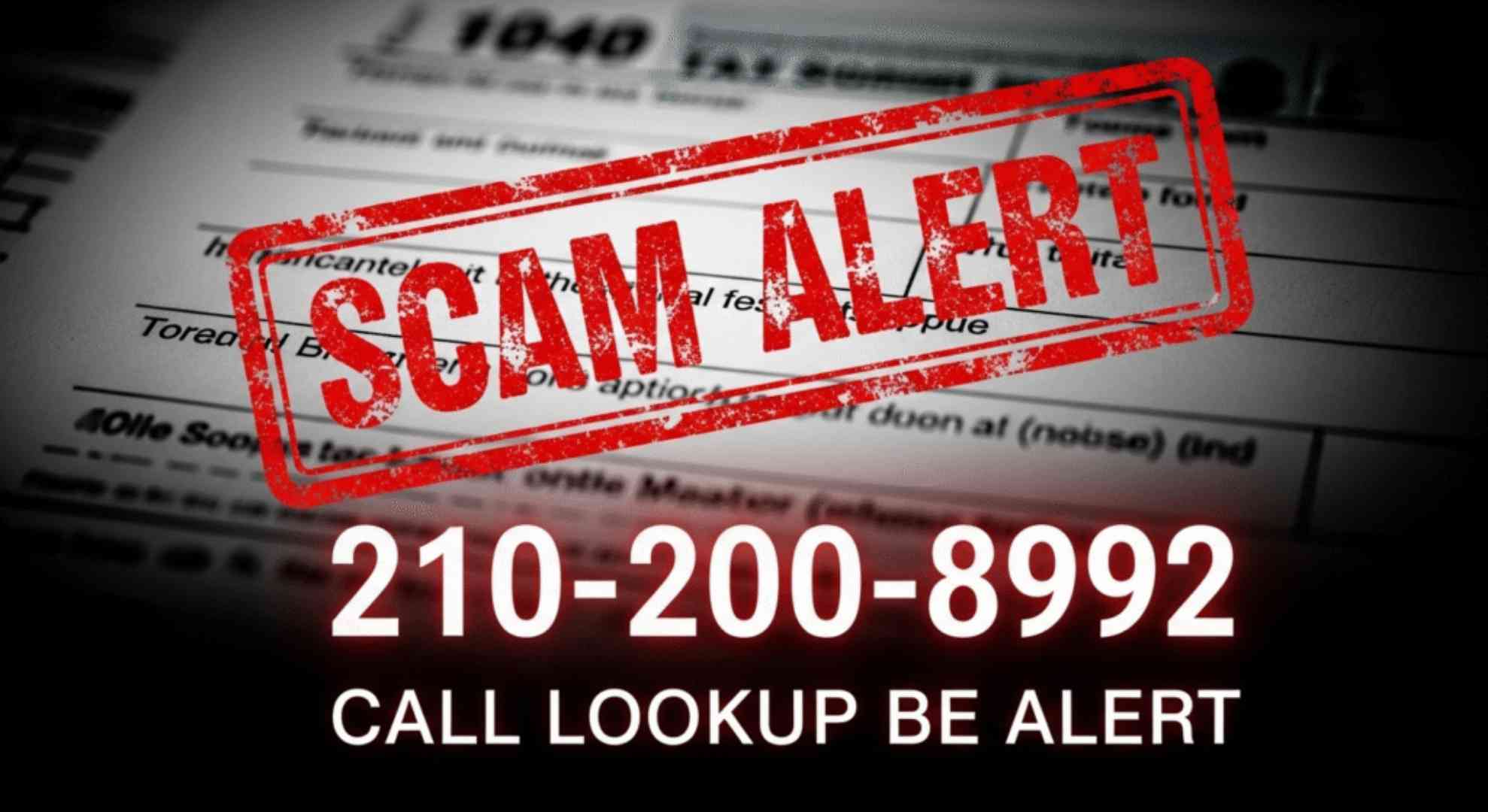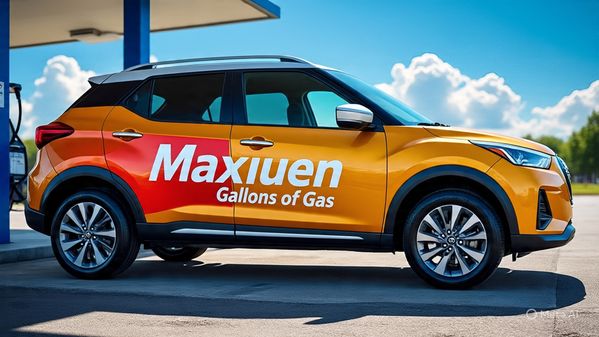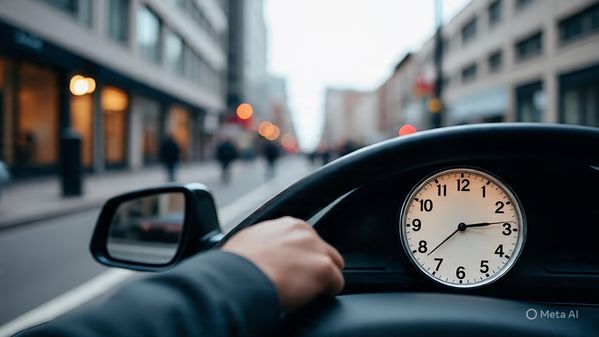
We’ve all been there. The phone rings from a number we don’t recognize — in this case, 210-200-8992. Your gut instinct might tell you to ignore it, but curiosity nags. Was it important? Is it a scam? Should you call back?
In 2025, the frequency and sophistication of unknown calls have reached new heights. Understanding who is behind 210-200-8992 could save you from being the next victim of phone fraud — or even help you recover a missed opportunity.
In this post, we’ll take a closer look at this mysterious number, why it’s causing concern across the U.S., and what you should do if it appears on your caller ID.
What Is the Number 210-200-8992?
The number 210-200-8992 is a Texas-based number originating from the 210 area code, which primarily serves San Antonio and surrounding regions. But just because a number has a legitimate area code doesn’t mean it’s trustworthy.
According to user reports collected through call-tracking forums, reverse lookup tools, and phone monitoring services like Hiya, Truecaller, and WhoCallsMe, 210-200-8992 has shown signs of suspicious behavior. Here’s what users have been reporting in 2024 and early 2025:
-
Multiple unsolicited calls per day, even to numbers on the National Do Not Call Registry.
-
Automated messages claiming to be from the Social Security Administration, IRS, or bank fraud departments.
-
Threats of legal action or arrest if payment is not made immediately.
-
Robocalls offering fake credit repair or warranty extensions.
Let’s dive deeper.
Is 210-200-8992 a Scam?
Patterns That Raise Red Flags
The call patterns associated with 210-200-8992 bear all the hallmarks of classic scam operations:
-
Spoofing Tactics: Scammers often use caller ID spoofing to appear local or familiar. Just because it says “San Antonio, TX” doesn’t mean it’s actually from there.
-
Robocall Automation: Many users report robotic voices or AI-generated speech reading scripted warnings — a clear sign of robocalling.
-
Urgency and Fear: Messages usually involve urgent threats — “Your social security number has been compromised” or “You will be arrested if you don’t act now.”
-
Requests for Sensitive Data: Callers may ask for your Social Security number, banking information, or one-time passcodes — things no real agency will ask for over the phone.
Complaints from Real People
Here’s a sample of what people are saying online in forums and complaint boards:
“I got a call from 210-200-8992 claiming to be Chase Bank. The guy had my name and said my account had suspicious activity. When I asked him to confirm which account, he got flustered and hung up.” — Kelly S., Houston
“They called me five times in one day. When I answered, it was a robotic voice saying my Social Security number was suspended. Obvious scam.” — Marcus T., El Paso
Who Might Be Behind the Number?
The Possibilities
There are a few likely sources behind these kinds of calls:
| Possibility | Description |
|---|---|
| Fraud Rings | Large-scale scam operations using VoIP tools to mass-dial numbers in the U.S. |
| Spoofed Telemarketers | Overseas companies posing as local businesses to increase answer rates. |
| Phishing Scammers | Actors looking to steal personal or financial information via fake alerts. |
| Malicious Bots | Automated systems programmed to leave voicemails or trick people into calling back. |
While some individuals speculate that the number may be recycled by legitimate businesses, there is no verified organization currently claiming or acknowledging ownership of 210-200-8992.
What to Do If You Receive a Call from 210-200-8992
If this number shows up on your phone, don’t panic. But also, don’t answer carelessly. Here’s a step-by-step approach to protect yourself:
1. Don’t Pick Up
Let the call go to voicemail. Most scammers won’t leave a detailed message. If they do, you can evaluate it safely.
2. Do Not Call Back
Calling back confirms your number is active and could lead to more calls — or worse, connect you to an active scam line.
3. Block the Number
On most smartphones, you can block a number in just a few taps. Here’s how:
-
iPhone: Tap the “i” next to the number > Scroll down > Tap “Block this Caller.”
-
Android: Tap the number > Tap “Details” or “More” > Tap “Block.”
4. Report the Number
Filing a complaint helps others and increases the chances that the number gets shut down. Report it to:
-
Your mobile carrier (AT&T, Verizon, T-Mobile all have spam reporting tools)
5. Use a Call Protection App
Consider downloading apps like Hiya, RoboKiller, or Truecaller. These services maintain updated scam databases and automatically block suspicious numbers.
How to Tell If a Number Is Legit
In case you’re unsure whether a number like 210-200-8992 is fake, here are some helpful pointers:
| Legit Callers Do… | Scam Callers Often… |
|---|---|
| Verify identity and wait for confirmation | Demand immediate action |
| Never ask for SSN or full card numbers | Insist on getting personal information right away |
| Provide call-back info you can verify | Give fake names and untraceable callback numbers |
| Speak clearly with human agents | Use bots, AI voices, or static-laden recordings |
The Rise of Call-Based Scams in 2025
According to a 2025 report by the Better Business Bureau, Americans lost an estimated $13.2 billion to phone-based scams in the past 12 months — a 15% increase from 2024. Fraudsters are now using AI voice cloning, deepfake customer service centers, and dynamic call routing to avoid being shut down.
More than 78% of scam victims reported that the call seemed “official”, often using spoofed numbers from familiar area codes like 210. It’s no coincidence that 210-200-8992 is popping up more frequently — the 210 area code gives it an air of local legitimacy, which increases answer rates.
Real-Life Example: How One Victim Was Tricked
In late 2024, Jennifer R. from Austin received a call from 210-200-8992, claiming to be her bank’s fraud department. The caller knew the last four digits of her debit card and said there had been unusual activity.
The caller then “verified” Jennifer’s identity by asking her to read a one-time password sent to her phone — which was actually a recovery code for her banking account. Within minutes, the scammers had full access to her mobile banking app.
Jennifer lost over $3,500 in unauthorized transfers.
Final Thoughts
There’s no shortage of questionable numbers out there, but 210-200-8992 stands out as particularly suspicious. The volume of user complaints, the tactics employed by the caller, and the general lack of transparency surrounding the number all point to one conclusion: avoid at all costs.
If you see 210-200-8992 on your screen, let it go to voicemail. Block it. Report it. And most importantly — don’t let curiosity override caution. In today’s digital world, that one call could cost you thousands.
FAQs About 210-200-8992
Q1: Is 210-200-8992 a real phone number or fake?
It’s a real number, but that doesn’t mean it’s being used by a legitimate entity. Scammers frequently use VoIP tools to register and rotate numbers like this.
Q2: What happens if I accidentally answered the call?
Don’t panic. If you didn’t provide any information or press buttons, you’re likely safe. Still, monitor your accounts for any unusual activity and consider blocking the number.
Q3: Why do scammers use local area codes like 210?
People are more likely to answer a call from a local number. It gives a false sense of trust, making scam attempts more successful.
Q4: Can I trace the caller behind 210-200-8992?
Not easily. Most scam calls are masked through spoofing or overseas routing. Even reverse lookup tools might not return reliable results.
Q5: Are there any apps that automatically block 210-200-8992?
Yes. Apps like RoboKiller, Hiya, and Truecaller update scam databases in real-time and can proactively block numbers like 210-200-8992.
Q6: Can reporting scam numbers actually help?
Absolutely. The FTC and FCC monitor reports, and the more reports a number receives, the higher the chance it gets flagged or shut down.






